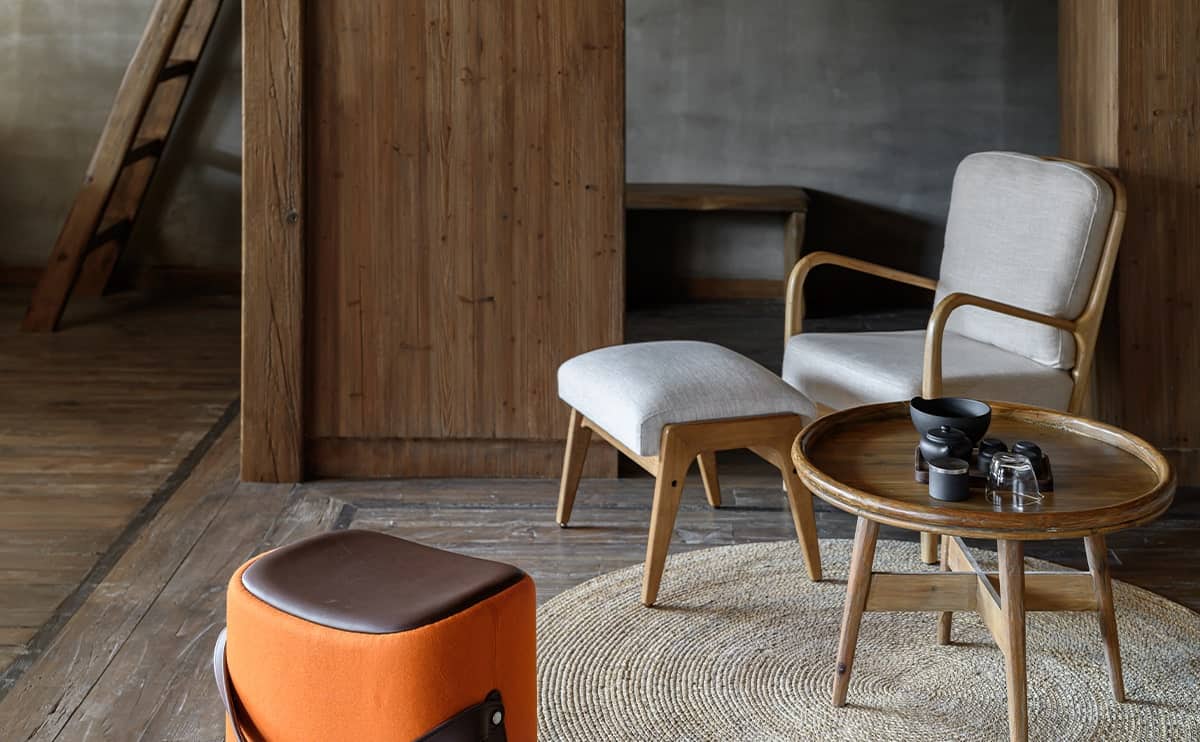Customer Support
How to Plan Your Flooring Efficiently
From classic straight lines to stylish herringbone, layout choices impact both the look and the waste. This guide helps you plan smart, order right, and reduce surprises.
Layout & Waste FAQ
Q1: Why does herringbone need more tile than other layouts?
Because each tile is cut at an angle to create the V-shaped zigzag. That means more cuts, more waste, and more room for error — especially near walls and corners.
Q2: Is 1/3 offset harder than straight lay?
Not much. It needs more attention to alignment and edge trimming, but it’s still a beginner-friendly layout — even for DIY installs.
Q3: Do I really need to add waste for simple layouts?
Yes — always. You’ll need to cut for edges, avoid cracked tiles, and handle layout shifts. We recommend at least 5–10% extra for all projects.
Q4: What’s the layout that wastes the least tile?
A straight stack bond (grid pattern) uses the least tile and is fastest to install. If you’re optimizing for budget and speed, it’s the best option.
Q5: Will the layout affect performance or feel underfoot?
No. The layout is visual. Performance depends on the material, not the pattern. Feel free to choose what looks best for your space.
Q6: Should I hire a pro for diagonal or herringbone layouts?
Highly recommended. These layouts involve precision cuts and alignments that are difficult for beginners. It’s worth the cost if you want a flawless finish.
Q7: What if I underorder — can I buy more later?
You can, but future batches may vary slightly in color or grain. We recommend ordering enough now — or ask us for help calculating it right.
Q8: Should I keep leftover tile after installation?
Absolutely. Saving 1–2 boxes for future touch-ups or replacements is smart — especially if the product is seasonal or style-specific.
Estimate How Much You Need


